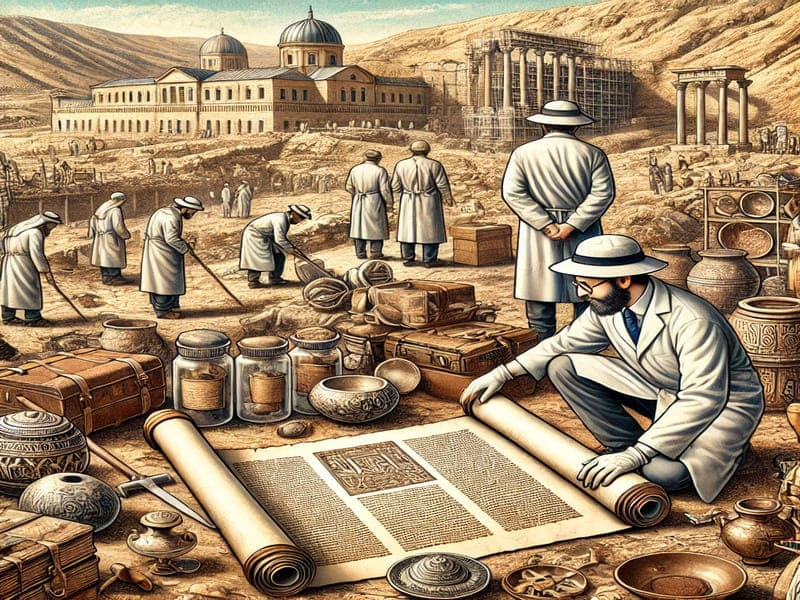
Thorn Ville Church – Throughout history, the intersection of faith and science has been a subject of fascination, debate, and discovery. One of the most compelling areas where these two realms converge is in historical archaeology, particularly in relation to biblical narratives. Archaeologists and scholars have spent decades uncovering artifacts, ruins, and inscriptions that shed light on events, people, and places mentioned in the Bible. While archaeology does not always provide definitive proof of biblical events, it offers valuable context and insights that bridge the gap between faith and empirical evidence.
Archaeology plays a crucial role in exploring the historical backdrop of biblical stories. By analyzing ancient texts, structures, and artifacts, researchers can reconstruct aspects of daily life in biblical times, understand political and social structures, and verify the existence of certain locations. Some of the most famous archaeological discoveries that have influenced biblical studies include:
While many archaeological discoveries align with biblical accounts, not all findings offer direct confirmation. This has led to various perspectives among scholars, theologians, and historians regarding the Bible’s historical accuracy. Some argue that archaeology strengthens the credibility of biblical narratives, while others believe that faith should not rely on scientific validation. The challenge lies in interpreting evidence objectively, recognizing the limitations of archaeological methods, and respecting theological perspectives.
One example of this tension is the Exodus story. Despite extensive research, definitive archaeological evidence of the Israelites’ mass departure from Egypt remains elusive. Some scholars suggest that the lack of evidence does not disprove the event but rather highlights the complexity of historical documentation. Others propose alternative explanations, such as symbolic storytelling or migration patterns that differ from traditional interpretations.
The study of biblical archaeology also raises ethical questions regarding excavation, preservation, and interpretation. Some key concerns include:
Advancements in technology are revolutionizing biblical archaeology. Techniques such as ground-penetrating radar, 3D mapping, and DNA analysis enable researchers to uncover new insights without invasive excavations. Digital reconstruction of ancient sites and textual analysis of deteriorated manuscripts further enhance our understanding of the past. As technology progresses, it is likely that new discoveries will continue to shape our interpretation of biblical history.
By embracing both faith and scientific inquiry, scholars and believers alike can appreciate the richness of biblical history and its profound impact on civilization. While archaeology may not always provide definitive answers, it continues to illuminate the cultural and historical context in which biblical events
Thorn Ville Church - Biblical archaeology serves as a powerful bridge between ancient texts and the tangible world. Through it,…
Thorn Ville Church - The Church of the Nativity in Bethlehem stands as one of the most revered and historically…
Thorn Ville Church - In the midst of the fast pace of modern life, it’s easy to feel overwhelmed, confused,…
Thorn Ville Church - In the early chapters of human history, as recorded in the Book of Genesis, one remarkable…
Thorn Ville Church - For centuries, the Bible has served as a foundational text for millions around the world, revered…
Thorn Ville Church - Among the historical treasures of Eastern Europe, few monuments stand as majestically and meaningfully as Saint…